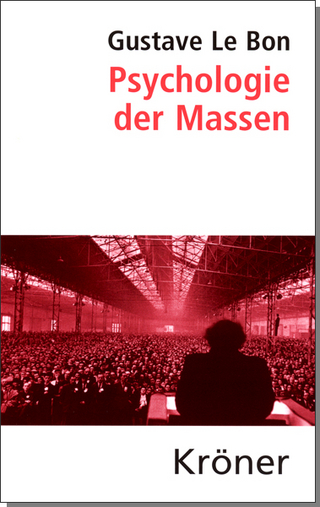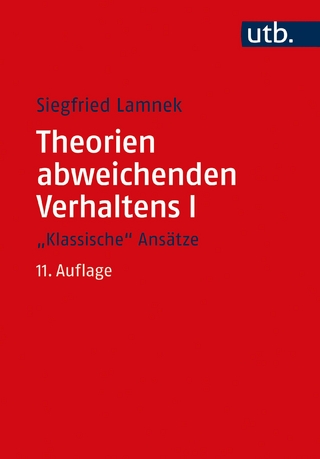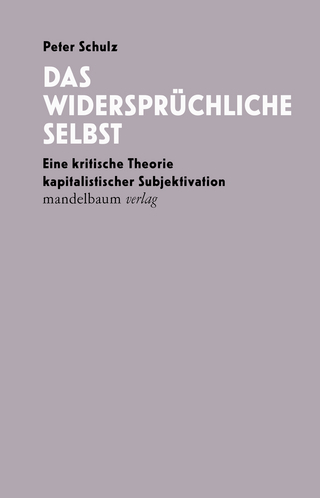
Does economic inequality influence the immigration of high- and low-skilled individuals?
An empirical test
Seiten
2019
|
1. Auflage
GRIN Verlag
978-3-346-02258-5 (ISBN)
GRIN Verlag
978-3-346-02258-5 (ISBN)
- Titel nicht im Sortiment
- Artikel merken
Academic Paper from the year 2019 in the subject Sociology - Economy and Industry, grade: 1,0, Hertie School of Governance, language: English, abstract: With having in mind the effect of high- and low-skilled migration for economic prosperity, this study empirically tests with immigration data from 20 countries from the Organisation for Economic Co-operation and Development (OECD) from 1985 to 2010 the effect of inequality in a receiving country on high- and low-skilled migration to this country, so that the research question that this study seeks to answer is: Does economic inequality influence the immigration of high- and low-skilled individuals?
In the broad context of the study of economic inequality within societies, one of the most prominent topics is the relationship between inequality and economic prosperity of a country, which is studied by many authors such as Kenworthy (2003) or Wren (2013). With this study, I want to contribute to this research by focusing on one possible mechanism within the inequality-economic prosperity relationship, namely migration. Attracting and retaining highly qualified people is crucial to the development of a knowledge-based economy in which ideas and innovation drive technological and social progress. Moreover, the perception and acceptance of immigration within a society are largely shaped by the skill level of immigrants.
Understanding how high-skilled people and in contrast, how low-skilled people choose their country of destination when migrating is, therefore, crucial - for sending and receiving countries alike. Migration and especially cross-border migration is a highly complex topic and the individual decision to migrate is influenced by a multitude of drivers. However, when looking at the differences between high- and low-skilled migrations, economic drivers are especially important, because more than for other drivers such as political or social drivers they affect high- and low-skilled people differently.
Assuming that migration is at least partly determined by the desire to realize economic opportunities abroad and assuming that high-skilled migrants should benefit from the opportunities in less equal destination countries, while low-skilled migrants should benefit from a compressed wage distribution in more equal destination countries, a stream of literature, building on Borjas (1987), studies the relationship between inequality in sending and receiving countries and the consequences for high- and low-skilled migration.
In the broad context of the study of economic inequality within societies, one of the most prominent topics is the relationship between inequality and economic prosperity of a country, which is studied by many authors such as Kenworthy (2003) or Wren (2013). With this study, I want to contribute to this research by focusing on one possible mechanism within the inequality-economic prosperity relationship, namely migration. Attracting and retaining highly qualified people is crucial to the development of a knowledge-based economy in which ideas and innovation drive technological and social progress. Moreover, the perception and acceptance of immigration within a society are largely shaped by the skill level of immigrants.
Understanding how high-skilled people and in contrast, how low-skilled people choose their country of destination when migrating is, therefore, crucial - for sending and receiving countries alike. Migration and especially cross-border migration is a highly complex topic and the individual decision to migrate is influenced by a multitude of drivers. However, when looking at the differences between high- and low-skilled migrations, economic drivers are especially important, because more than for other drivers such as political or social drivers they affect high- and low-skilled people differently.
Assuming that migration is at least partly determined by the desire to realize economic opportunities abroad and assuming that high-skilled migrants should benefit from the opportunities in less equal destination countries, while low-skilled migrants should benefit from a compressed wage distribution in more equal destination countries, a stream of literature, building on Borjas (1987), studies the relationship between inequality in sending and receiving countries and the consequences for high- and low-skilled migration.
| Erscheinungsdatum | 25.11.2019 |
|---|---|
| Sprache | englisch |
| Maße | 148 x 210 mm |
| Gewicht | 51 g |
| Themenwelt | Sozialwissenschaften ► Soziologie ► Allgemeine Soziologie |
| Sozialwissenschaften ► Soziologie ► Spezielle Soziologien | |
| Schlagworte | Economic Inequality • EconomicInequality • economicprosperity • Economic Prosperity • high-skilled immigration • high-skilledimmigration • Immigration • Inequality • low-skilled immigration • Low-skilledimmigration • Migration |
| ISBN-10 | 3-346-02258-7 / 3346022587 |
| ISBN-13 | 978-3-346-02258-5 / 9783346022585 |
| Zustand | Neuware |
| Haben Sie eine Frage zum Produkt? |
Mehr entdecken
aus dem Bereich
aus dem Bereich
Übersetzt von Rudolf Eisler, mit einem aktuellen Geleitwort von …
Buch | Hardcover (2021)
Alfred Kröner Verlag
12,00 €
Buch | Softcover (2021)
UTB (Verlag)
25,00 €
eine kritische Theorie kapitalistischer Subjektivation
Buch (2023)
Mandelbaum Verlag
34,00 €


